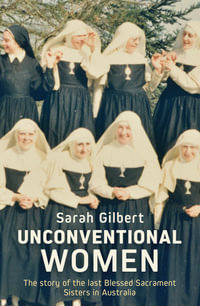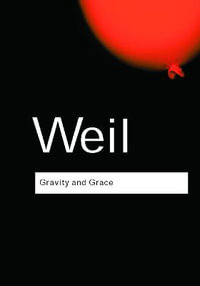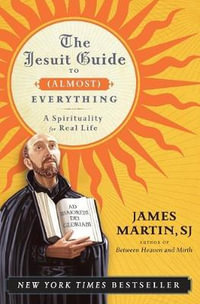This book consists of a series of short sermons based on the epistles throughout the Liturgical Year. Originally published in 1927, it was written by Fr. Michael Andrew Chapman a former Episcopalian minister.
Newly typeset, with new cover art, and featuring a foreword by Fr. John Hunwicke (priest of the Ordinariate of our Lady of Walsingham). Here is an excerpt from his foreword:
Because the Bible is the Church’s book. The literature within it was written within the Church and for the Church. The Bible was not composed so that individual Christians might read it privately for their personal enlightenment. A great deal of study has been done in academic circles during the last few decades on the relationship between ‘Orality’ and ‘Literacy’ in the ancient world. The tendency has been to see the written word as backup for the spoken word in a basically ‘oral’ culture. (A loose modern parallel might be the cookery book you keep in your kitchen: it is backup for your culinary triumphs.) So the Holy Bible did not drift down word-perfect from the skies; it emerged from the lived reality of Church life in which it supplied needs and preserved orthodoxy and built up the People of God.
Catholics are often exhorted (I have done it myself) to read the Bible more. They naturally wonder how to go about it. Does one purchase a Bible and then get to work on the first verse of the first chapter of the Book of Genesis … and then just carry on? I suggest that a better method is to study the passages of Scripture appointed for next Sunday.
We clergy are sometimes tempted to preach mainly upon the Gospel. This is natural: here are the words of Christ Himself, the Incarnate Word; and perhaps the Gospel narratives are a little more vivid than the Epistle readings. So I much welcome this little book as a godsend both to laity and clergy. There is immense wealth in the readings of the Epistles, most of them by that towering intellect St Paul. Perhaps clergy will make its texts the basis of their own homilies, or perhaps they will simply adopt its methods and thereby preach more effectively from the New Testament Epistles.
And I commend it to the laity as a valuable prop in their own study of next Sunday’s Epistle!

![NRSV Catholic Bible Gift Edition [White] : Holy Bible - Thomas Nelson](https://www.booktopia.com.au/covers/200/9780785230380/2211/nrsv-catholic-bible-gift-edition-white-.jpg)













![NRSV Catholic Bible Gift Edition [Teal] : Holy Bible - Thomas Nelson](https://www.booktopia.com.au/covers/200/9780785230410/9912/nrsv-catholic-bible-gift-edition-teal-.jpg)








